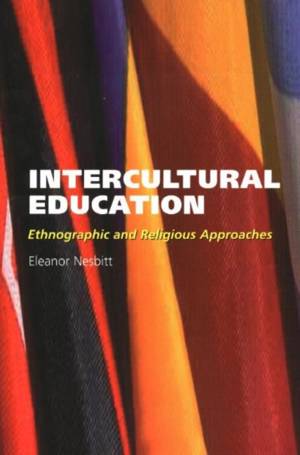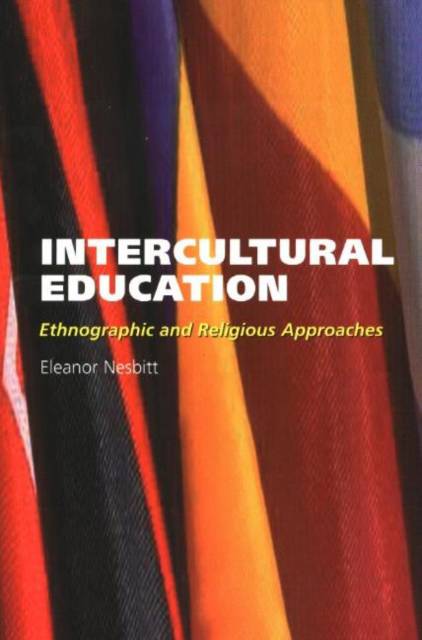
- Afhalen na 1 uur in een winkel met voorraad
- Gratis thuislevering in België vanaf € 30
- Ruim aanbod met 7 miljoen producten
- Afhalen na 1 uur in een winkel met voorraad
- Gratis thuislevering in België vanaf € 30
- Ruim aanbod met 7 miljoen producten
Zoeken
€ 32,45
+ 64 punten
Uitvoering
Omschrijving
This book has been written for teachers, teacher trainers and their students, and others working with children and young people. It provides a valuable resource for those engaged in religious studies and South Asian studies, comprising a rich library of data relevant to current debates in these fields. Drawing on field studies of children of South Asian and other backgrounds in Britain, Nesbitt argues the value to schools of teachers adopting an ethnographic approach in intercultural education. Examples from primary, secondary and higher education demonstrate the urgent need for teachers and others to be better informed of cultural diversity and to understand the interconnections between ethnographic studies, pastoral care, the curriculum, and international events. "Intercultural Education" examines a wide variety of issues, including spirituality, identity formation, the ways in which beliefs' and practices' are represented, stereotyping communities, being a Christian at school, and the role of caste. The book contains Practical Guidelines for teachers, as well as a Glossary, covering pastoral care, racism, liaison with parents, recognising the diversity of language, etc.
Specificaties
Betrokkenen
- Auteur(s):
- Uitgeverij:
Inhoud
- Aantal bladzijden:
- 224
- Taal:
- Engels
Eigenschappen
- Productcode (EAN):
- 9781845190347
- Verschijningsdatum:
- 28/06/2004
- Uitvoering:
- Paperback
- Formaat:
- Trade paperback (VS)
- Afmetingen:
- 155 mm x 231 mm
- Gewicht:
- 453 g

Alleen bij Standaard Boekhandel
+ 64 punten op je klantenkaart van Standaard Boekhandel
Beoordelingen
We publiceren alleen reviews die voldoen aan de voorwaarden voor reviews. Bekijk onze voorwaarden voor reviews.











